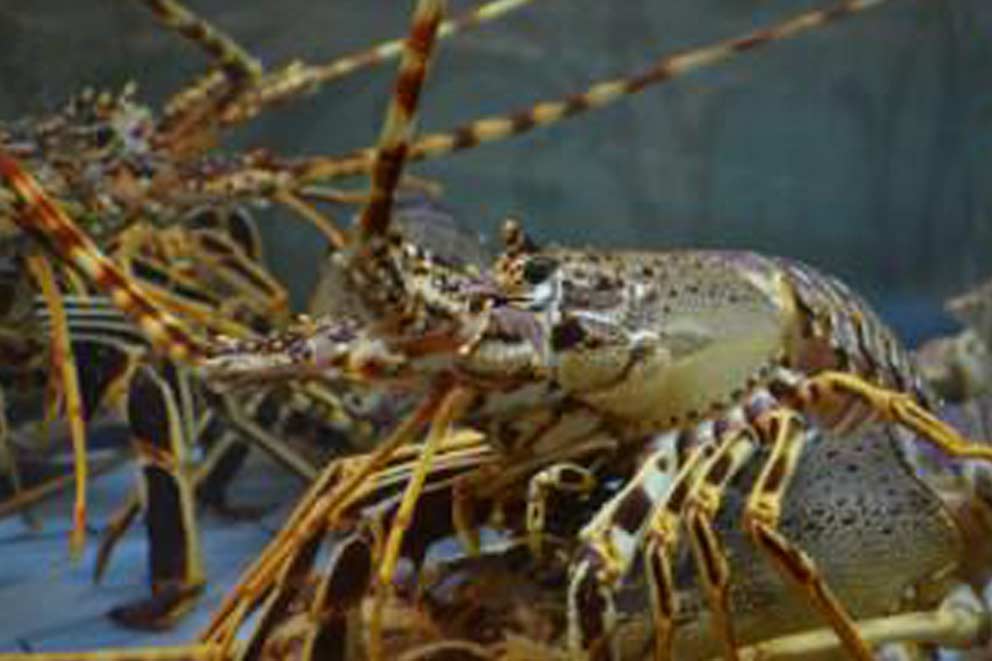Animal sentience
Evidence from multiple scientific studies has helped us to understand that a wide range of animals are sentient beings. This means they have the capacity to experience positive and negative feelings such as pleasure, joy, pain and distress that matter to the individual.
Animals classed as sentient
The issue of animal sentience has implications for all areas of human-animal interaction; if animals can have feelings, as we know many can, both their physical and mental welfare needs must be taken into account. This is very important with respect to laws, policies and people's behaviour relating to animals and their welfare.
Science shows us that many species - not just mammals and birds - should be considered sentient. It wasn't long ago that there was a widely-held view that fish don't feel pain, but ground-breaking research found they can. There is currently debate about whether species like decapod crustaceans (crabs, lobsters etc.) and cephalopods (octopus, squid etc.) are sentient. The RSPCA and many others believe that there is sufficient scientific evidence to indicate that these animals should be considered to be sentient, and therefore protected appropriately by legislation. This would help ensure they are no longer subjected to some of the current practices, like boiling crabs and lobster alive, that cause serious pain and distress.
The RSPCA and others are hoping that there will soon be legislation enshrining the concept of animal sentience in law, so that all government departments would have to pay proper regard to (i.e. consider the impact on) the welfare of sentient animals when developing any policies in any area of life. With a Sentience Bill currently in draft form, some progress towards recognising animal sentience has been made.
We would also like to see the formation of an expert, independent animal welfare advisory committee to help ensure that the government receives well-informed guidance in its application of this law.

Animal sentience conference
The RSPCA has been at the forefront of encouraging informed discussion and progress on the understanding of animal sentience and the need for associated legislation and behaviour change.
In 2019, the Society and Oxford University held a conference: Animal Sentience: science, welfare and 'real world' application which featured presentations from world-leading scientists investigating animal sentience followed by debates and discussions from a select group of experts.
Experts included:
- law and policymakers
- trade and industry
- academics
- animal care professionals
- others who have an impact on, interact with and care for animals.
The aim of the conference was to understand and discuss how these scientific developments should be reflected in policy and practice.
Workshop summaries
Read the summaries of the workshop discussions:
- Workshop one: Behaviour change
- Workshop two: Harm-benefit assessment
- Workshop three: Policy makers and businesses
- Workshop four: Animal owners and carers
- Workshop five: Representation in government systems
- Workshop six: Sentience in the real world
- Workshop seven: All areas of industry
- Workshop eight: Criteria and process
